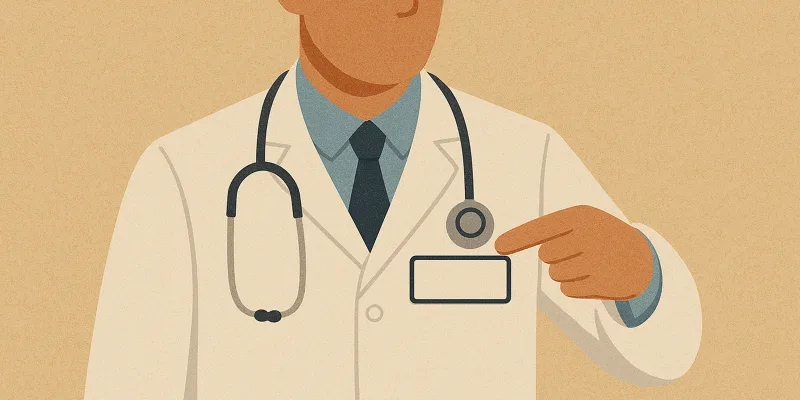In the ever-evolving landscape of neurosurgery, a pivotal question persists in the minds of patients: "Will I be the same after neurosurgery?" This inquiry delves into the essence of the patient experience, probing the very core of their identity in the face of intricate neurological interventions. Traditionally, neurosurgery has been entrenched in the relentless pursuit of preserving neurological function postoperatively, echoing the age-old medical adage of "do no harm." This commitment to patient well-being necessitates a comprehensive understanding of functional neuroanatomy—a roadmap guiding surgeons through the delicate balance of preserving essential faculties while alleviating detrimental conditions.
Historically, this roadmap has been demarcated into eloquent and non-eloquent cortex, with eloquent areas posing a higher risk of producing measurable neurological deficits when subjected to surgical interventions. The primary sensory and motor regions, alongside language and speech centers, were designated as eloquent, while non-eloquent areas were perceived as less critical for functional preservation. However, as we navigate the intricate landscape of the mind and its connection to the brain, it becomes increasingly apparent that this bimodal classification may be overly simplistic.
Beyond the confines of preserving motor skills and language abilities, the future neurosurgeon is poised to grapple with the preservation of the intricate neuropsychological makeup of their patients. Beyond traditional functions, the endeavor now includes the preservation of complex cognitive and bodily senses of self.
While the notion of preserving the sense of self may seem futuristic or abstract, it echoes a historical parallel: the once-revolutionary concept of functional preservation and improvement after neurosurgery. The integration of philosophy of mind is crucial to the advancement of functional neurosurgery, and there is value in shifting the bimodal neuroanatomical classification of eloquent/non-eloquent to a multimodal classification that acknowledges the importance of neuropsychologic preservation and healing postoperatively. Features such as memory, emotion, behavior, and personality illustrate the identity of an individual in ways that an assessment of a person's motor strength or tactile sensation cannot describe. This paradigm shift that incorporates an analysis of a patient's neuropsychologic character will enhance the understanding of neurosurgical interventions and optimize patient care by addressing the profound question that resonates within every patient undergoing neurosurgery: "Will I be the same?"
The question for neurosurgeons then becomes how to appropriately determine the success of surgery postoperatively. Undoubtedly a standard neurologic examination that assesses the function of cranial nerves, muscle strength, sensation, and speech will provide insight into the perseveration of neurologic function postoperatively. However, a more complete neurologic examination includes a neuropsychological assessment. The value of formal neuropsychological testing is incredibly useful in obtaining a more complete picture of neurologic alterations either caused by a brain lesion or surgery. The benefits of such neuropsychologic testing have been well-documented, particularly in the pediatric brain tumor population. Utilizing measures that assess psychosocial skills, memory, emotion, attention, behavior, personality, and resilience provide a more thorough understanding of a patient in both a preoperative and postoperative setting.
Functional neurosurgery sits at the junction of the brain and the mind — the objective and subjective. Surgeons are able to send an electrical current into the brain and produce an array of vivid, lifelike experiences. Introduction of exogenous agents or microtechnology can alter a person's perception, mood, personality, and reasoning. Furthermore, injury to neural tissue can eliminate a person's ability to recall family members, perform executive functions, recognize faces, or display emotional awareness. The field of functional neurosurgery has seen tremendous growth and has the potential to achieve goals that were formerly deemed impossible.
The exploration of the mind and consciousness throughout the history of philosophy and the advancements in neurosurgery showcase the profound impact these domains have on the understanding of human existence. From the foundational ideas discussed by philosophers, to the practical applications in neurosurgery, this interdisciplinary approach underscores the intricate relationship between the mind and the physical brain.
Upon reflection of the intersections of philosophy, psychology, and neurosurgery, it becomes evident that these disciplines are not isolated, but are interconnected threads in the understanding of the mind. In moving forward, neurosurgery should continue to value and incorporate the insights gained from philosophy and psychology. By recognizing the holistic nature of the mind, practitioners can approach their work with a more nuanced understanding, acknowledging the ethical considerations and implications for personal identity. The ongoing collaboration between these fields holds the potential for further advancements in the comprehension of the mind and the refinement of neurosurgical techniques, ultimately contributing to improved patient outcomes and a deeper understanding of the essence of human consciousness.
Dr. Bronson Ciavarra is a current neurosurgery resident at Baylor Scott and White Medical Center - Temple, TX. He enjoys woodworking, making pizzas, spending time on the ranch, and lake days. Bronson is passionate about medical humanities, philosophy of mind, and brain-computer interfaces. Dr. Ciavarra is a 2024-2025 Doximity Op-Med Fellow.
Illustration by Jennifer Bogartz







